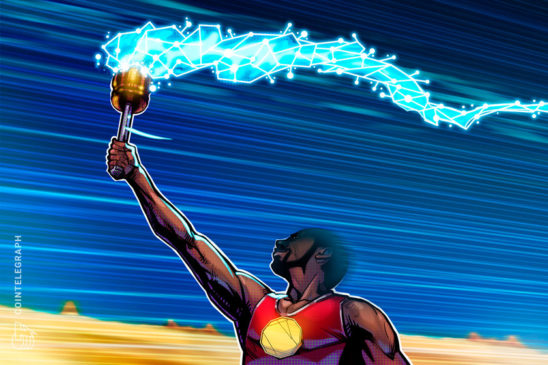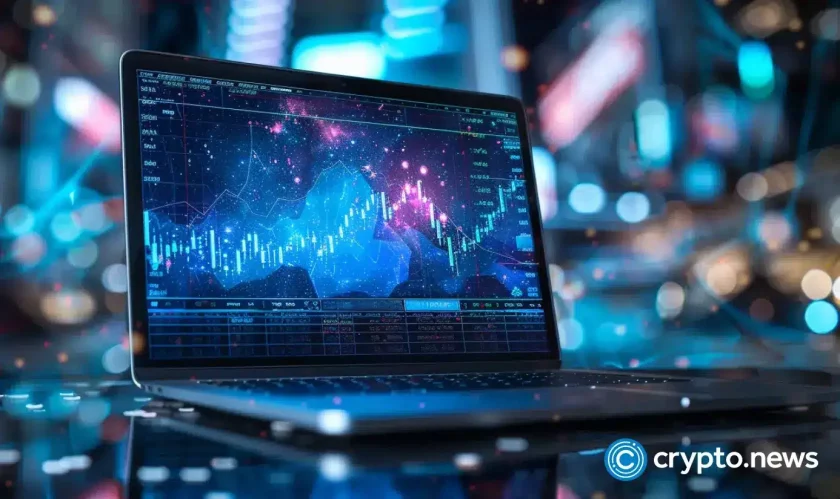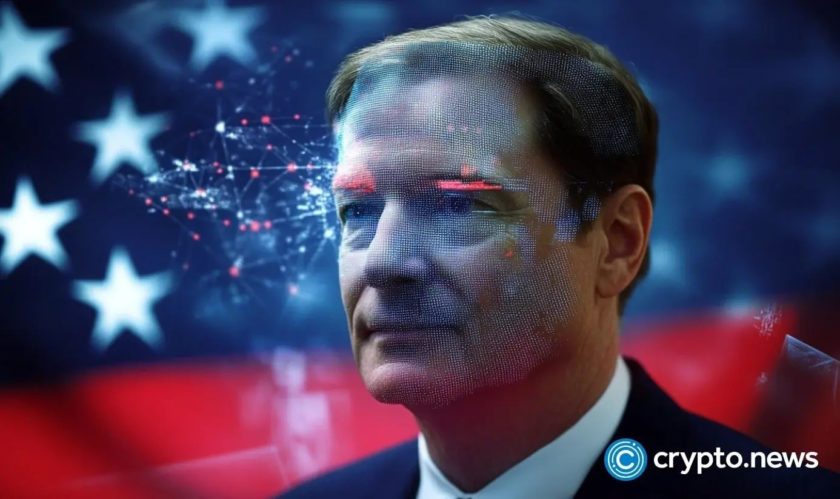Basketball legend Magic Johnson has a future with the bulls. No, he’s not returning to play for the NBA, but joining a major sports licensing company that looks favorably at the rise of the non-fungible token market.
In an interview with CNBC’s Squawk Box today, Michael Rubin, executive chairman of sports merchandise company Fanatics, said the digital and physical collectible market was “exploding” due in part to many spending more time at home last year. Johnson just joined Fanatics’ board as an independent director and seemed to shared Rubin’s optimism.
“It’s almost a frenzy happening right now,” said Rubin. “I think there’s going to be tremendous value created, but also there’s so many people getting into it, I don’t think everyone’s going to be successful. I think it’s really going to be about creating incredible content, incredible product — that’s what is going to have longevity.”
Johnson compared non-fungible tokens, or NFTs, to the physical trading cards popular when he was in the NBA playing for the Los Angeles Lakers. The basketball legend said “the whole game has changed,” with collectible cards, jerseys, and even sneakers benefiting from advances in technology.
Two mega-entrepreneurs in sports weigh in on the rise of digital assets:
“The whole game has changed,” says @MagicJohnson
“It’s going to be about creating incredible content and product–that’s what is going to have longevity,” says @michaelrubin pic.twitter.com/qIPkwv9kYt
— Squawk Box (@SquawkCNBC) March 3, 2021
The NFT market — which includes artwork, sports memorabilia, trading cards, and more — grew to $250 million in 2020, more than quadrupling in size. In the art world, Micah Johnson, a former MLB player-turned artist, sold $2 million worth of NFTs on the Nifty marketplace last month.
Meanwhile, major sporting firms have also been partnering with tech companies to capitalize on this growing market. Last week, NBA Top Shot, a marketplace for NFTs built on Dapper Labs’ Flow blockchain, sold more than $230 million in digital collectibles.




